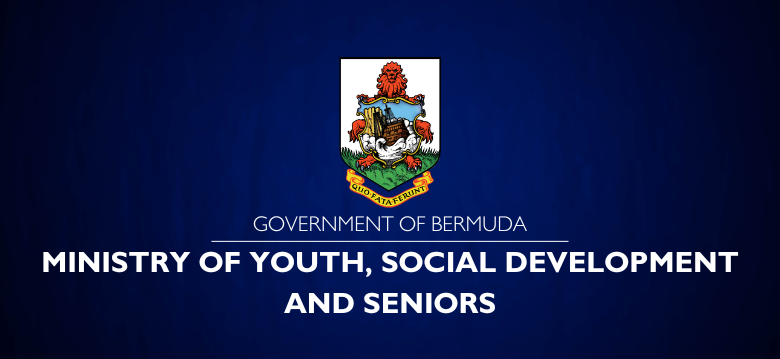
On June 15, we observe World Elder Abuse Awareness Day, a global initiative to bring attention to the issue of elder abuse and the importance of protecting the rights and dignity of older adults. Established by the United Nations in 2006, this annual observance serves as a critical reminder of the vulnerability of our ageing population and our collective responsibility to safeguard their well-being.
The Minister of Youth, Social Development and Seniors, the Hon. Tinee Furbert, JP, MP, shares the following message about the importance of World Elder Abuse Awareness Day.
" Senior abuse is any act, whether a one-off or repeated, that causes harm to an older adult. This can take many forms: physical, psychological, or sexual abuse, financial exploitation, or neglect by those who have a legal duty to provide care. Tragically, abuse can take place anywhere, in the home, in care facilities, online, or in the broader community and it can be perpetrated by anyone, including family members, caregivers or even strangers.
“As Bermuda’s population continues to age, we must remain vigilant. The Ageing and Disability Services (ADS) is the Government’s designated body responsible for receiving and investigating reports of senior abuse. Their aim is to assess whether necessary protective support or services are required to ensure a senior’s wellbeing and their family.
“Reports to ADS can be made in confidence by calling 292-7802, emailing ads@gov.bm, or visiting their office at 25 Church Street, Hamilton, weekdays between 10am and 2pm. All information is kept confidential under the law.
“In the 2024–25 fiscal year, ADS received 161 reports of senior abuse. The majority of these concerned:
· Physical abuse (35%),
· Financial exploitation (28%),
· Psychological abuse (23%),
· Neglect (11%), and
· Sexual abuse (3%).
“These figures reveal the ongoing and varied nature of abuse affecting our seniors. While rising reports may reflect increased awareness and willingness to come forward, it is widely accepted that elder abuse is significantly underreported worldwide.
“Domestic abuse is not limited to intimate partners. We are seeing increasing reports involving adult children abusing their elderly parents, particularly in cases of financial exploitation and physical violence. These acts often stem from a desire to control, control over a person, their actions, or their finances. In many instances, mental health challenges or substance misuse by the abuser are contributing factors, though this is not always the case.
“Let us be clear: trying to control an elderly person’s life is abuse. Just like anyone else, our seniors have the right to make their own decisions, even those we might not personally agree with. Whether it's deciding whom to spend time with, what to eat, when to sleep, or how to spend their money, these are personal freedoms that must be respected. No senior deserves to be shouted at, shamed, manipulated, or forced into decisions for the benefit of others.
“While conditions such as dementia can impair decision-making in specific areas, ADS follows best practices that presume capacity unless proven otherwise. Capacity is assessed in relation to a specific decision at a specific moment in time.
“Abuse may also arise from caregivers who are overwhelmed, unsupported, or inadequately trained. In these instances, interventions may focus on providing greater support to the primary carer to improve the caregiving environment and safeguard the senior.
“Ultimately, prevention is a community responsibility. Abuse thrives in silence and in isolation. One of the most powerful tools we have is connection. Check in on your elderly neighbours. Invite seniors to community events. Make a phone call. A simple greeting can make all the difference, it may even open the door for someone to share that they need help.
“As Minister of Youth, Social Development and Seniors, I call upon every Bermudian to stand with us in protecting our seniors as we recognize World Elder Abuse Day on June 15th. A safer, more compassionate Bermuda starts with each of us.”
